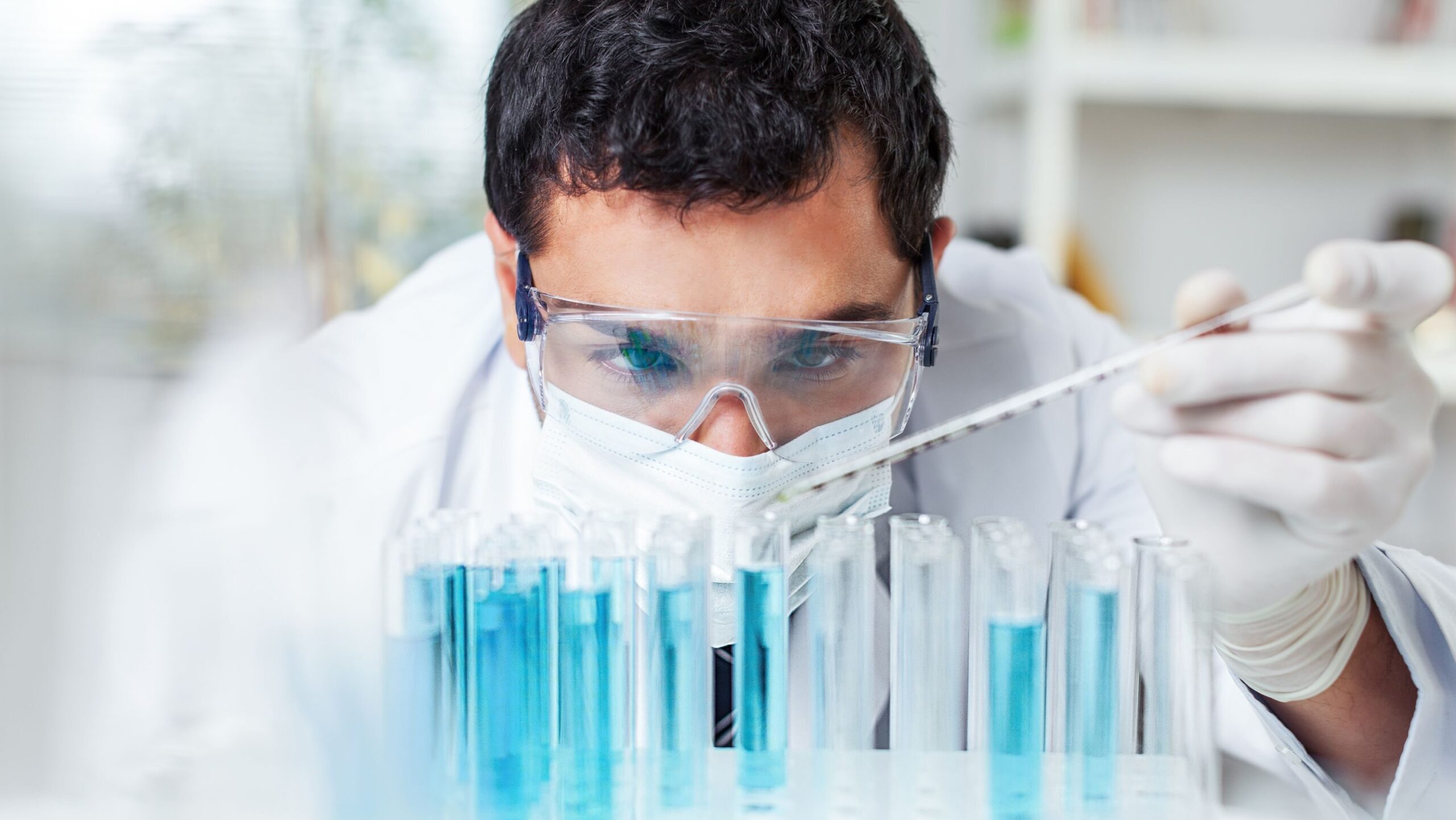
March 4, 2021
For anyone impacted by type 1 diabetes (T1D), the term ‘biosimilars’ is one that will become increasingly familiar now that the patents of some biologic insulins are expiring. This means that biosimilar versions of these insulins may be approved, and some are already on the North American market. But how do they differ from insulins already on the market? And are they right for managing your 1 diabetes (T1D)?
Read more to find out what this means for you.
What is a biologic drug?
To fully understand what a biosimilar is, we need to first explain what a biologic drug is. A biologic drug is a product that is produced from living organisms or that contains components of living organisms, so it is more complex than a chemically synthesized drug. An originator or reference biologic drug is the first version of a biologic drug approved for use by Health Canada.
Examples of biologic drugs include insulin, other hormones such as growth hormones or thyroid hormones, and antibody treatments. Biologic drugs are used to treat many different conditions including anemia (low iron), cancer, diabetes, inflammatory bowel disease (like Crohn’s or colitis), psoriasis (an autoimmune skin condition) and rheumatoid arthritis.
Once the patent for a biologic drug has expired, a biosimilar version may be approved to be introduced into the market.
What are biosimilars?
A biosimilar biologic drug, more commonly referred to as a ‘biosimilar’, is a drug that may enter the market after the expiry of pre-existing drug patents.
A biosimilar is a drug that is highly similar to a biologic drug that was already authorized for sale. The biologic drug that was already authorized is called a reference biologic drug because it is the drug that the biosimilar compared against. This is similar to a generic over the counter pharmacy brand counterpart to the brand name drug.
However, a biological copy cannot be said to be identical to the reference biologic drug. Health Canada authorizes biosimilars for sale based on a thorough comparison to a reference biologic drug. There should be no clinically meaningful differences in efficacy and safety between a biosimilar and the reference biologic drug.
What are biosimilar insulins?
Biosimilar insulins (also called follow-on insulins) are designed to be highly similar to reference biologic drug product described in a patent.
Three biosimilar insulins currently on the market are:
- Basaglar (biosimilar of Lantus [insulin glargine]) – Lilly
- Admelog (biosimilar of Humalog [insulin lispro]) – Sanofi-Aventis
- Truapi (biosimilar of NovoRapid [insulin aspart]) – Sanofi-Aventis
Biosimilar insulins as a treatment option
The entry of biosimilar insulins into the market presents both opportunities and risks that need to be properly weighed before a person with diabetes begins on or moves to a biosimilar insulin.
Biosimilar insulins can be a safe and effective treatment option for people with T1D. Their introduction to the market is also helping to reduce the cost of insulin in Canada and around the world, making insulin more affordable for patients and payers. Thus, biosimilar insulins will ultimately increase accessibility of insulin treatment and provide more treatment options to people living with diabetes.
However, some of these benefits of biosimilar insulins will be negated if reference biologic insulins are no longer available or accessible alongside biosimilar insulins – ie, if people using insulin are “forced” to switch from their existing insulin to a biosimilar insulin due to changes in availability or coverage.
JDRF supports and advocates first and foremost for choice in all aspects of diabetes management. The decision to start on biosimilar insulin, or to switch from a biologic to a biosimilar insulin – must be made by the person living with diabetes in consultation with their endocrinologist or diabetes team.
More information on biosimilar insulins can be found here.




